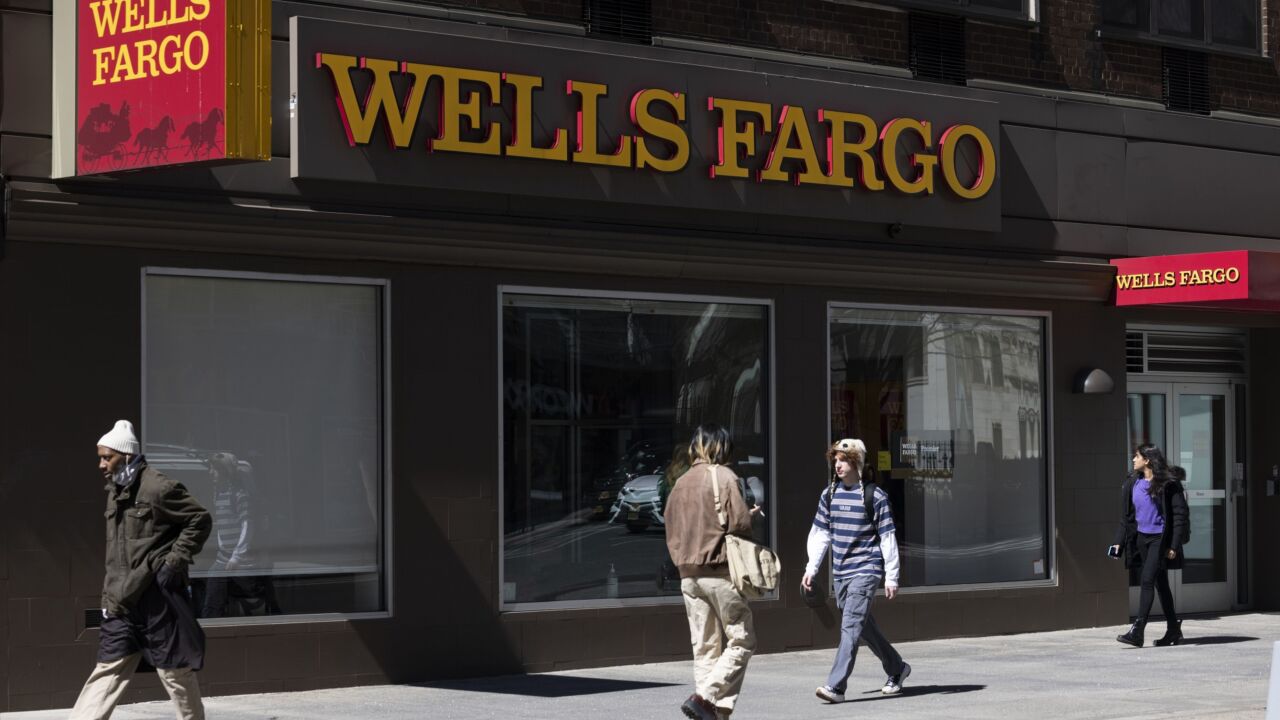Though the wildly expensive housing market in New York City may not always be a national bellwether, real estate agents say they are seeing some signs of weakness there - predominantly on the most costly properties - that could serve as more general warnings.
Lower- and middle-priced properties remain in high demand, yet buyers in Manhattan are now making lower offers, according to Andrew Heiberger, president and chief executive of Citihabitats Inc., the largest residential rental firm in the city and one of its top 10 sellers. Apartments are also staying on the market longer because buyers are offering less, he said.
Sales at some Manhattan real estate firms, especially those that serve the luxury market, have dropped sharply. For example, March closings at Corcoran Group, one of the largest agencies in the city, fell 55% from a year earlier. Brown Harris Stevens, which specializes in high-end New York homes, reported last week that its April inventory grew 64% on the Upper East Side, one of Manhattan's priciest neighborhoods.
Real estate experts said they would expect the dot-com shakeout and shaky stock markets to cause some sluggishness in sales of the highest-end properties. It is too soon to tell whether these changes reflect anything broader, they said.
The mortgage industry has just emerged from one of its strongest quarters in years, and so far these are among the only signs of sourness.
A four-month-old refinancing boom shows no sign of abating, and an unexpectedly strong home purchase market has helped push mortgage originations to dizzying volumes so far this year.
New- and existing-home sales numbers released last week point to one of the strongest housing markets on record. The Census Bureau said that new-homes sales in March reached a seasonally adjusted annual rate of 1.02 million, the highest monthly rate on record. For the same month the National Association of Realtors' existing-home sales index reached its second-highest annual rate, 5.44 million, seasonally adjusted.
Further, Mr. Heiberger said that after the Federal Reserve cut rates in January, the floodgates opened in the sales market. "Our January and February sales numbers were up roughly 10% to 15% from last year, though the prices are flat."
Jeffrey Appel, managing director of Manhattan Mortgage Co., said its ratio of open to closed transactions has remained unchanged from last year. "What we're seeing is that people who went into contracts 30 days ago, 15 days ago, are waiting to sign and staying in their deals," he said. "That is really encouraging."
Lawrence Sicular, executive director of appraisal and accounting for Brown Harris Stevens, however, said higher-end buyers are becoming more conservative. He attributed the change to factors including stock market losses, smaller bonuses, and a fear that buying now would mean overpaying.
"People are more comfortable competing for things when everyone else is competing for them," he said. "And as soon as they think things may have peaked, they tend to pull back."
Both Mr. Heiberger and Mr. Appel agreed that many potential buyers are now playing a game of wait-and-see, but they argued that this should bode well for the market when they decide to buy.
The combination of Fed cuts, low mortgage rates, and slowing appreciation of home prices should keep the housing market healthy, Mr. Heiberger said. "It's creating a good time to buy right now."
Mr. Heiberger said he expects home prices in Manhattan to drop 10% to 20% by October, with this decline fueling even more buying.
"A lot of buyers who got priced out of the market are coming back in because their buying power is stronger with these rates and prices are flat," Mr. Appel said. "The market, particularly in the low and middle level of the city, is going to be very strong through the year."
All observers agreed that for now, large numbers of buyers and sellers are still lurking around the market.
However, the economy's confusing signals have almost created a standoff. Buyers are waiting until prices either fall or show they could climb again, and sellers remain confident they can get their asking price, the observers said. If the worst of the economic slowdown is past, they said, buyers and sellers will eventually come together.





